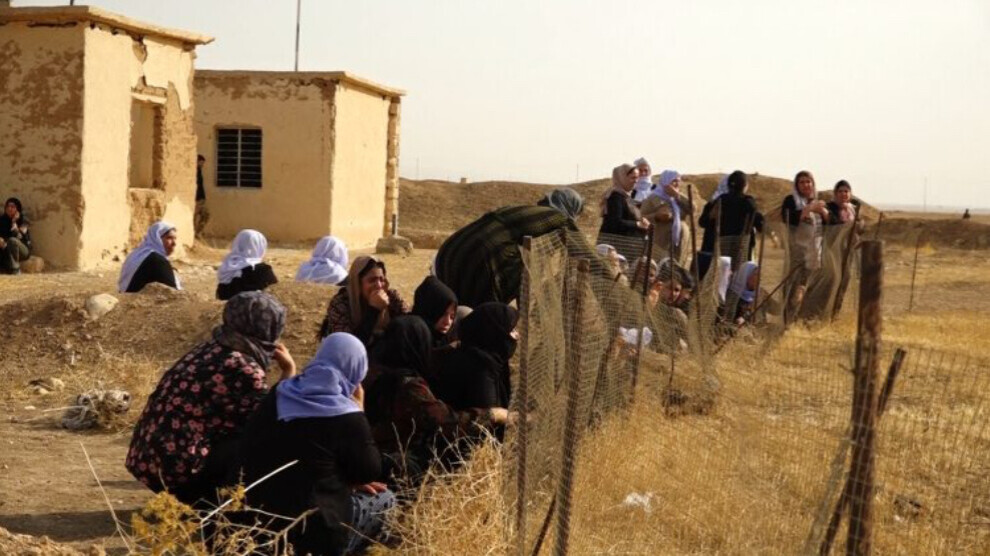Another mass grave opened in Shengal
Yazidis fear that perpetrators of massacres could be granted impunity and amnesty.
Yazidis fear that perpetrators of massacres could be granted impunity and amnesty.

Throughout history, the Yazidi community has been confronted with hundreds of massacres and genocidal acts carried out against them. The biggest and most brutal ones of them, counted 74 in number, are discussed a lot and have branded the Yazidis’ collective memory forever. The world knows the Yazidi people rather because of genocides than by their culture and belief – a painful reality for the Yazidis. The 74th genocidal act was carried out in the year 2014 by Daesh, the so- called Islamic State group. Without doubt this genocide caused lots of pain, trauma and deep losses within the Yazidi community. Tens of thousands of Yazidis were murdered, abducted and taken as slaves. Children were forcibly recruited as child soldiers. On top of that, hundreds of thousands of inhabitants of Shengal were expelled from their homeland. Until today, about 200.000 of them live under miserable conditions in camps in the Kurdistan Region of Iraq. At least 87 mass graves have been found throughout the Shengal region so far, with most of them still due to be exhumed for taking DNA samples and making proper burials possible. Many places have not yet been cleared of mines and IEDs (Improvised Explosive Devices) left behind by ISIS. All too often, these mines lead to deaths among the local population.
In the Shengal (Sinjar) region in the northwest of Iraq, another mass grave containing victims of the genocide committed by ISIS nine years ago was opened.
Yazidi religious leaders were present at the opening of the mass grave in Til Ezer on October 15.
A local resident, Sultan Mehmud, spoke to RojNews at the site of the mass grave where the bones of 8 of her family members were discovered. “Mass graves have not been opened yet because the Iraqi government is insensitive on the matter. They want to release the perpetrators with a new amnesty,” she said.
Sultan Mehmud, a witness of the ISIS onslaught in the Shengal region, said: “Bones of 8 of my family members are buried here. 38 relatives of mine are still held captive.”
Another resident, Xifşê Xidir, said: “Mass graves must be opened so that we can visit the graves of our loved ones. Nobody helps us with it.”
Hesen Ebdu stated: “Every new mass grave being opened means a new tragedy to us. The Iraqi government is yet to punish the murderers. We are against an amnesty to be granted to the perpetrators.”